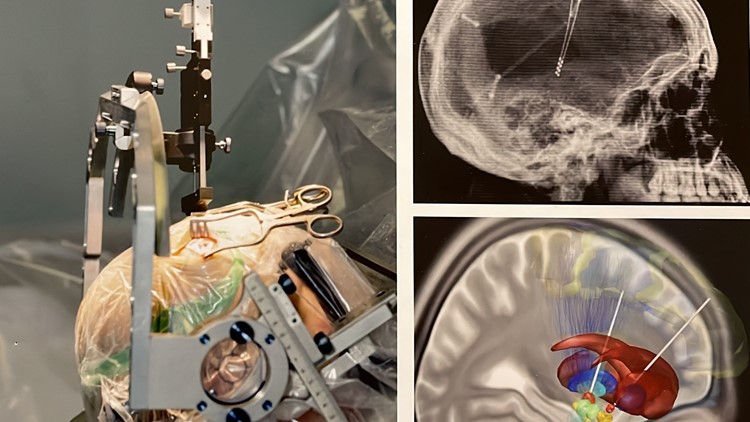The University of South Carolina is celebrating Brain Awareness week by sharing fundamental research being done.
Brain Awareness Week started 26 years ago as a way for scientists, medical professionals, and researchers to share their findings about the brain.
Now, professors at the University of South Carolina are sharing their research in the hopes of advancing brain studies across the nation.
Dr. Fabienne Poulain is one of two USC professors studying brain development and diseases.
"We make new discoveries every day, every month, every year," Poulain said.
She is currently raising about 4,000 Zebra Fish in her lab to learn more about how miswirings can occur in the brain.
"Surprisingly, the Zebra Fish has circuits that are the same as the one in humans. For instance the visual system in the Zebra Fish is almost identical to that of humans, and what we discover using the zebra fish visual system usually translates to humans as well," Poulain explained.
Across the USC campus another professor is trying to figure out a similar problem but this time dealing with a more modern issue.
"I've been interested in the long-term effects of viruses in the brain," Dr. Booze stated. "I've been funded by NIH which funds most of our work federally to look at HIV in the brain, so it was pretty natural for us to start looking at the long-term effects of COVID-19 in the brain."
Dr. Rosemarie Booze a professor and chair in the department of psychology, says she has been researching the brain for 25 years.
She started researching COVID-19 on the brain shortly after the virus began in 2020, and says she hopes to solve the loss of taste and smell most patients report.
"SARS virus does not infect neurons directly; it effects the supporting cells. When your support isn't working that's where things go wrong," Booze explained.
Although she and her colleagues are making great strides in brain research, there are still discoveries to be made.
Both Booze and Poulain encourage the public to email professors like themselves or local scientists to ask questions and learn more about the brain.



